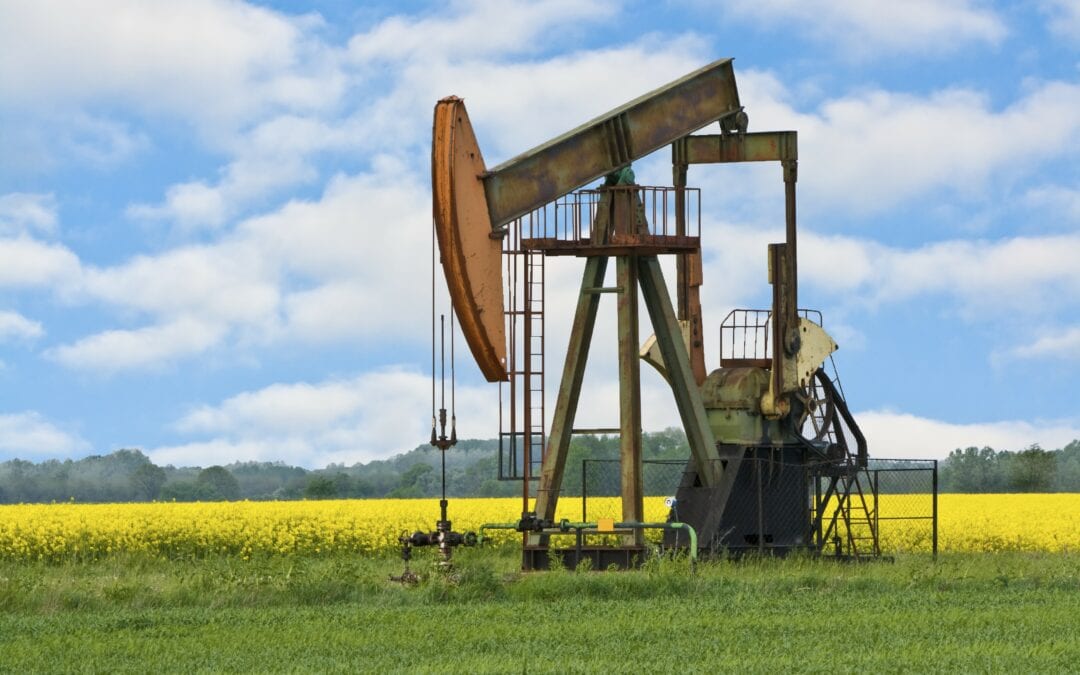As a landowner, the health of your property is important, as is being able to recognize the potential impacts pollution can have on your land. It threatens not only the value and usability of your land, but also poses a risk to your health and the health of your community. In a region where industrial activities are common, the risk of harmful substances contaminating the land is high.
Therefore, understanding pollution’s potential impact on landowners and the role of legal measures such as Legacy litigation is of utmost importance. This knowledge empowers landowners to protect their interests and know how to take swift action when such situations arise.
Land Pollution
Land pollution, at its core, refers to the degradation or contamination of the earth’s surface, primarily due to human activities. This type of pollution involves the accumulation of waste on the land that negatively alters its natural state.
Common Causes of Land Pollution
Land pollution is often the result of poorly managed industrial and commercial processes, improper waste disposal, and the irresponsible discard of agricultural residues.
In Louisiana, one significant contributor to land pollution is industrial waste from historic oil and gas operations. These industries often produce a large volume of waste in the form of drill cuttings, drilling muds, and produced water, which if not managed properly can lead to serious land contamination. Over time, abandoned wells, waste pits, and pipeline leaks can leach harmful substances into the soil.
The Impacts of Land Pollution
This pollution can degrade the quality of the land, rendering it unusable for agriculture and potentially contaminating groundwater sources. Land pollution can also lead to significant biodiversity loss, disrupting ecosystems vital for agriculture and environmental stability. This decline in biodiversity further deteriorates soil quality and overall land health.
Water Pollution
Water pollution, in its most basic definition, is the contamination of water bodies such as lakes, rivers, oceans, aquifers, and groundwater. Water pollution occurs when harmful substances like chemicals, waste materials, or particulates are introduced into water bodies without enough treatment to remove harmful compounds. This degrades the quality of water, making it toxic for environments and households.This type of pollution is another critical concern for landowners, as it affects many aspects of commercial, agricultural, and personal activities.
Sources of Water Pollution
There are various sources of water pollution, both natural and man-made, but human activities are perhaps the most significant contributors to water pollution. Some examples of these human activities are listed below.
- Factories, power plants, and other industrial facilities regularly discharge wastes into rivers and lakes, causing significant pollution.
- Agricultural activities, such as the use of chemical fertilizers and pesticides, also account for a significant amount of water pollution as these substances often seep into groundwater or run off into water bodies.
- Sewage and wastewater from households and urban areas often find their way into water bodies without adequate treatment.
- Oil and gas operations can cause significant water pollution that is often challenging to clean up and has long-lasting effects.
Effects of Water Pollution
Agriculture relies heavily on clean water for irrigation. When water sources become contaminated, they can compromise crop quality and yield, resulting in diminished produce quality and potential income loss for farmers.
Livestock rely on available water for hydration and health. Contaminated water can pose serious health risks, leading to chronic illnesses that impact livestock productivity, increased veterinary costs, and a decline in the value of livestock products such as milk, eggs, and meat.
Polluted water can also pose serious health risks to humans, including gastrointestinal illnesses, reproductive issues, neurological disorders, and certain cancers.
Legacy Litigation: The Legal Fight Against Pollution
Legacy litigation refers to the process where landowners file lawsuits against oil and gas companies for environmental damage that has occurred on their property. This type of litigation has become increasingly important as recognition of the long-term impacts of industrial pollution grows. Legacy litigation derives its name from the “legacy” of environmental damage left behind by these operations, which can persist for years or even decades after the initial activity has stopped.
The purpose of Legacy litigation is not just to hold the responsible party accountable for their actions, but also to restore the land to its original condition less normal wear and tear, as far as it’s possible. Legacy litigation thereby serves as a powerful tool to address the issue of land pollution and safeguard the rights of landowners.
Find Legal Representation for Your Pollution Case
Securing fair compensation for pollution and its impact on landownership requires extensive knowledge of environmental law and the complexities that come with it. With over $3 billion dollars in verdicts and settlements, our team at Talbot, Carmouche & Marcello has the experience and resources to handle complex pollution claims and protect landowner rights.
Don’t let uncertainty about your rights prevent you from seeking the justice you deserve. Contact our office today for a free consultation to discuss your case and explore your options for recovery.

